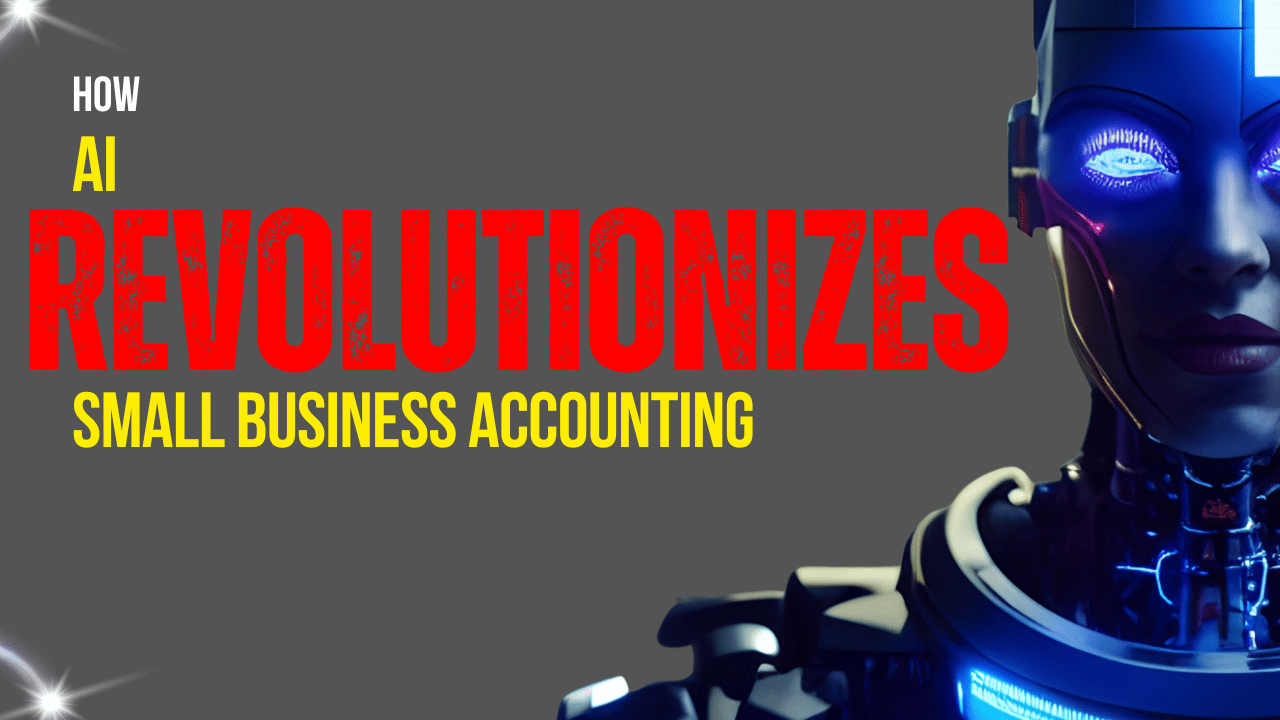In the bustling world of small businesses, accounting is a crucial yet often overwhelming task. Gone are the days when small business owners had to rely solely on manual bookkeeping or expensive professionals to manage their finances. Artificial Intelligence (AI) is changing the game, making accounting more efficient, accurate, and accessible.
Let’s explore how AI is revolutionizing small business accounting, turning what once was a cumbersome chore into a streamlined process.
1. Automating Tedious Tasks
One of the most significant impacts of AI on small business accounting is automation. AI-powered software can handle repetitive tasks like data entry, invoice processing, and reconciliations with minimal human intervention. This not only saves time but also reduces the likelihood of human error. Automation ensures that financial records are up-to-date, allowing business owners to make informed decisions quickly.
2. Enhancing Accuracy and Reducing Errors
Accuracy in accounting is non-negotiable. AI improves accuracy by identifying and correcting errors in real-time. Whether it’s a misplaced decimal or a duplicated entry, AI systems can spot discrepancies that might elude human eyes. This level of precision helps prevent financial misstatements and ensures compliance with accounting standards and regulations.
3. Providing Real-time Financial Insights
AI doesn’t just record transactions; it analyzes them. By leveraging machine learning algorithms, AI can offer real-time insights into a business’s financial health. It can track cash flow patterns, predict future revenues, and suggest budget adjustments. These insights empower small business owners to make proactive decisions, rather than reactive corrections, fostering growth and stability.
4. Streamlining Tax Preparation
Tax season can be a stressful time for small businesses. AI simplifies this process by organizing financial data and automating tax calculations. Some AI systems can even stay updated with the latest tax laws, ensuring that businesses take advantage of all eligible deductions and credits. This not only saves time but also maximizes tax savings, benefiting the business’s bottom line.
5. Personalizing Financial Advice
AI technology is not just about processing numbers; it’s also becoming a valuable advisor. Based on the analysis of a business’s financial data, AI can provide personalized advice on budgeting, investments, and financial planning. This personalized guidance is particularly beneficial for small businesses that may not have the resources to hire a full-time financial advisor.
6. Enhancing Security
Financial data is sensitive, and its security is paramount for small businesses. AI enhances security by employing advanced algorithms to detect and prevent fraud. It can monitor transactions for unusual patterns that may indicate fraudulent activity, providing an additional layer of protection against financial crime.
Conclusion
The integration of AI into small business accounting is not just a trend; it’s a transformation. By automating mundane tasks, enhancing accuracy, providing real-time insights, streamlining tax preparation, offering personalized advice, and improving security, AI is making accounting more manageable for small businesses. This revolution allows business owners to focus more on what they do best: growing their businesses.
As AI technology continues to evolve, its role in small business accounting promises to become even more significant, paving the way for smarter, more efficient financial management.
